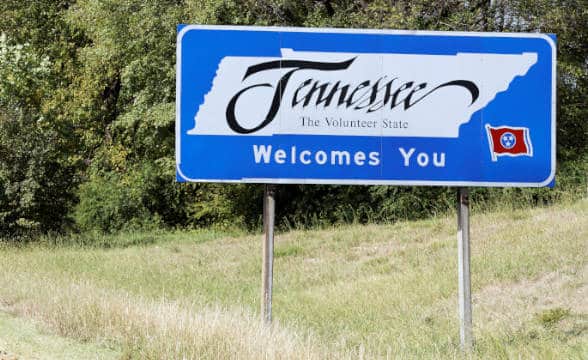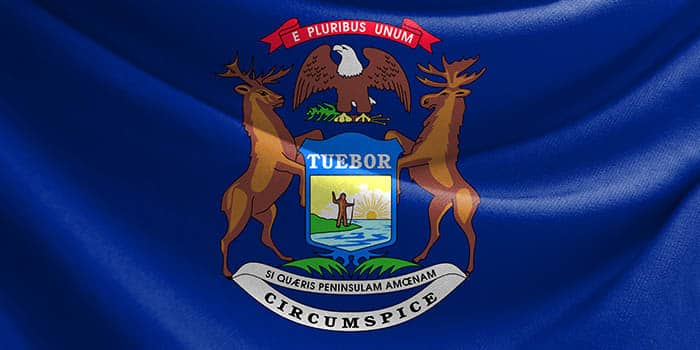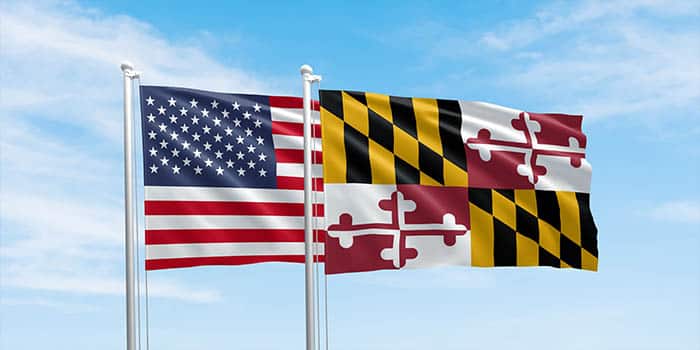- Casino
- By State
- Alabama
- Alaska
- Arizona
- Arkansas
- California
- Colorado
- Connecticut
- Delaware
- Georgia
- Florida
- Hawaii
- Idaho
- Illinois
- Indiana
- Iowa
- Kansas
- Kentucky
- Louisiana
- Maine
- Massachusetts
- Maryland
- Michigan
- Minnesota
- Mississippi
- Missouri
- Montana
- Nebraska
- Nevada
- New Hampshire
- New Jersey
- New Mexico
- New York
- North Carolina
- North Dakota
- Ohio
- Oklahoma
- Oregon
- Pennsylvania
- Rhode Island
- South Carolina
- South Dakota
- Tennessee
- Texas
- Utah
- Vermont
- Virginia
- Washington
- West Virginia
- Wisconsin
- Wyoming
- By State
- Slots
- Poker
- Sports
- Esports
Tennessee August Sports Betting Tax Revenue Sitting at $4.9M

More than US$5 billion has been wagered in sports bets in the state of Tennessee since the November 2020 launch, and this year’s August tax revenue paints a wonderful picture of the overall conditions of the industry in The Volunteer State.
More than 30% Tax Revenue Increase
The state of Tennessee is one of the now more than 30 states with legalized sports betting since November 2020 and news regarding the industry has been mostly positive. It does things a little bit differently, with a 20% tax rate which is a bit higher than the industry standard, and like all other markets, it’s had its own specifics, but all sports betting operators usually start raking in higher sums during fall.
The Tennessee Sports Wagering Advisory Council (SWAC) released the financial results for sports betting in the state during August and tax revenue figures might be a sign that the state might have had a bit of a head start, with a $4.9 million in sports betting tax revenue collected for the month.
The betting handle for July 2022 was $182.8 million with around $18.2 in revenue, which means August’s approximately $205.8 million handle and $24.4 million adjusted gross income constitute a 34% increase in revenue when comparing the two latest months’ results. What’s more interesting, however, is the sports gambling operators in Tennessee seem to have scored a new best, with an almost 12% hold rate, which goes up to more than 13% if you factor in the Privilege Tax Assessed number of almost $4.9 million.
Positive Industry Outlook in Tennessee
Sports betting operators in the Volunteer State are mandated a 10% hold rate and August’s results are a good upgrade over the previous record of around 10.5% from June 2021. With the industry standard hovering around the 7% mark, this 10% hold figure has been a painful topic for operators, who were originally facing a hefty $25,000 fine, but a change in legislation allowed them to make a privilege tax payment to cover the difference when they are below the mandated 10% hold level.
Tennessee has been able to fulfil that only five times, counting the August results, so this is indeed great news for the operators, and maybe not so much for bettors, to whom that means more money lost. Only 5% of the tax revenue goes for mental health, with the biggest slice of the pie sitting at 80% for supporting education, and the remaining 15% reserved for the state to distribute to local governments.
And, that money has basically been steadily growing on average, for this year. This is because the industry has been picking up steam and expanding, with three new mobile sportsbooks being approved in March – SuperBook, Bally Bet and Betly, with SuperBook announcing its IGT partnership in June, resulting in an improved betting experience for Tennesseans as well.
Comparing the YTD results for 2021 versus 2022, you can see a 60% in the amount of the total wagers placed, and around 54% in Gross Gaming Revenue (GGR) figures. Furthermore, this fall is already packed with exhilarating possibilities for the industry, with the launch of the NFL, and Hard Rock launching an app in the state, so the year’s end is looking more and more exciting for the industry’s performance results.
Kyamil is a big tech fan, who loves hummus on everything and has enjoyed writing from a young age. From essays, through personal art, to news pieces and more serious tech analysis. In recent years he’s found fintech and gambling collide with all his interests, so he truly shares our core passion for the entire gambling scene and furthering the education of the mass citizen on these topics.
Previous Article

Sports
September 19, 2022
Mizkif Asks Twitch to Ban Gambling Following Sliker Drama

Next Article


Sports
September 19, 2022
Another CQ Holding Riverboat Casino in Louisiana Goes on Shore
Must Read















